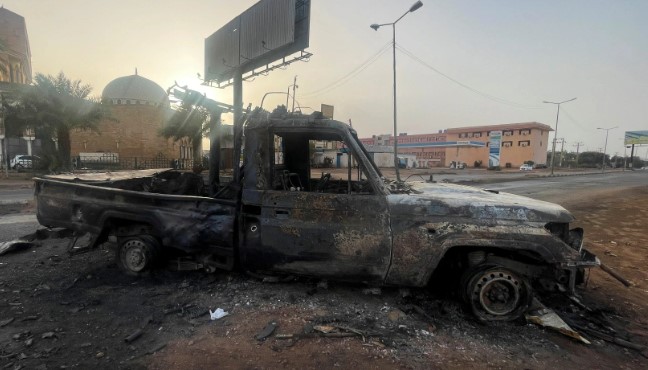
Sudan has historically been seen by Egypt as a strategic depth that is essential to its national security; as a result, the ongoing and quickly evolving crisis in Sudan undoubtedly presents the Egyptian administration with a variety of complex and one-of-a-kind challenges.
These difficulties result from Egypt’s internal economic circumstances as well as external factors pertaining to its foreign policy and strategic interests, which occasionally conflict with those of its regional Arab and Western allies.
The latter was evident over the past ten years in how Egypt handled the cases of Gaza, Yemen, Libya, Syria, and Syria. The situation in Sudan is unique, though.
The Rapid Support Forces (RSF) and the Sudanese Armed Forces are the two heavily armed sides involved in the conflict in Sudan.
While the situation in Sudan is already starting to have spillover effects on neighbouring countries such as Chad, Central African Republic, and Eretria because of the massive influx of migrants, the threat to Egypt is much worse. Before the fighting, Egypt has been already the home for more than five million Sudanese people, representing more than 10% of Sudan’s population. Not to mention the number of Palestinian, Libyan, and Syrian refugees and immigrants who have found their way to Egypt since 2012. Yet with the ongoing and developing crisis in Sudan, Egypt is bracing for greater refugee influx – border crossing and smuggling – along with fear of lacking the capacity to absorb these refugees.
That said, reports show that trafficking groups are taking advantage of the situation and becoming increasingly active along the Sudanese-Egyptian borders, thus increasing the risks associated with terrorism and extremist groups infiltration.
Such risks have further been amplified by the RSF’s attempt to open Sudan’s prisons, letting all prisoners and criminals loose to divert the attention of the SAF and destabilize the country further. In this respect, Egypt suffered over the past decade from events along its western border with Libya and eastern border with Gaza, which resulted in in terrorist groups infiltrating the borders and executing terrorist attacks in Egypt. This episode clearly indicates why Egypt would not allow the same to happen again from its southern border.






